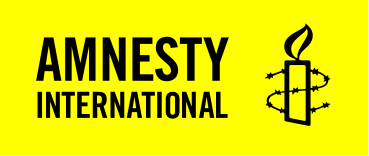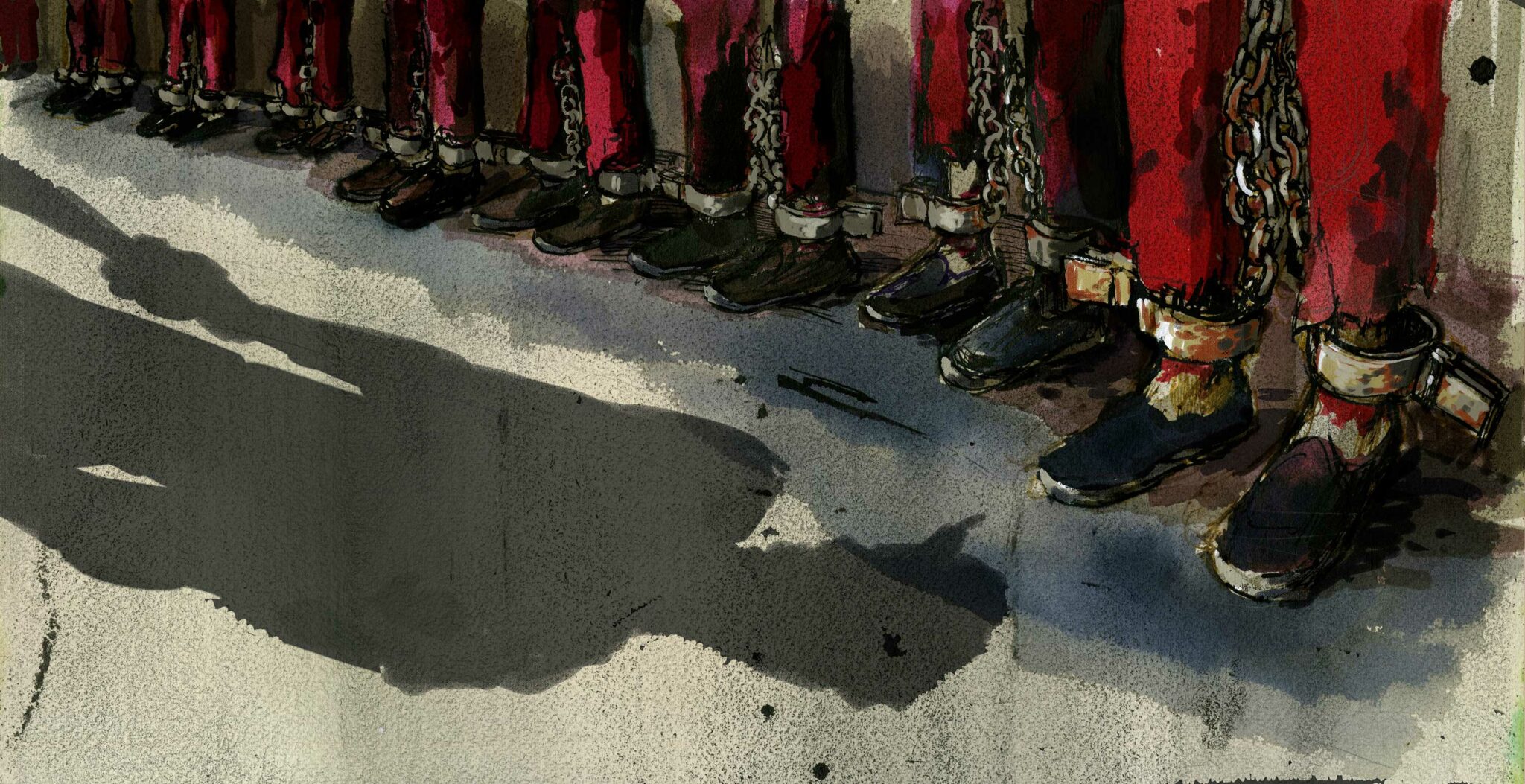Treatment of former camp detainees after release from internment camps
After being released from the internment camps to go home, former detainees faced further severe restrictions on their human rights, particularly their freedom of movement. These restrictions were in addition to the discriminatory policies directed at all members of ethnic minority groups in Xinjiang (see Chapter 2).
All former detainees Amnesty International interviewed said they were placed under both electronic and in-person surveillance and subjected to regular evaluations from government employees and cadres. Yerkinbek, who worked with several former detainees after they were released from camps, told Amnesty that government officials used to show up regularly at his workplace and question his ex-detainee colleagues. [[[Amnesty International interviews.]]]
As discussed in Chapter 2, one of the most invasive aspects of life in Xinjiang for ex-detainees is the presence of government minders. Nearly all former detainees reported that government employees or cadres were required to stay with them in their houses for several nights per month after they were released from a camp. [[[Amnesty International interviews.]]] Several former detainees reported that while they were in the camp, their family members were required to have minders stay with them. [[[Amnesty International interviews.]]]
Family members of detainees also faced additional restrictions on their rights during and after the release of their detained relative. These restrictions included being subjected to additional surveillance, having their houses searched, and having their movements further curtailed. [[[Amnesty International interviews.]]] Ibrahim told Amnesty he found out how his family’s freedoms had been curtailed while he was in the camp: “While I was in camp, I thought my family had freedom, but I learned that they were under house arrest. They had to ask permission to move… A cadre was consistently visiting their house… There was a camera in the street [in front of their house],” he said. [[[Amnesty International interviews.]]]
Many former detainees also reported being ostracized by their friends, family, and communities after their release. [[[Amnesty International interviews.]]] Patigül told Amnesty that the social ostracization was a significant reason why he ultimately left China:
The reason I decided to come back [to Kazakhstan] was because after I was designated a ‘dangerous person’, even my friends and family were avoiding me. Everyone was trying to exclude me, even from social gatherings… And security people kept asking me questions. And [so did] the head of the unit where I worked… Although I never committed a crime, they considered me a criminal. [[[Amnesty International interviews.]]]
The testimonial evidence about the situation of former detainees and their family members after release provided to Amnesty is consistent with evidence provided to journalists and other investigators, as well as with leaked government documents prescribing the treatment of former detainees during the months after their release. This evidence includes a directive in the Telegram requiring that every ex-detainee be strictly monitored, evaluated, and controlled, and “must not leave the line of sight for one year” after leaving the camp. [[[The Telegram (previously cited), para. 17.]]]



